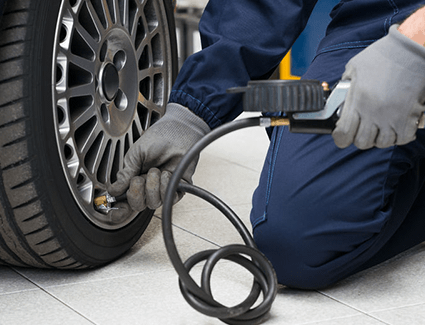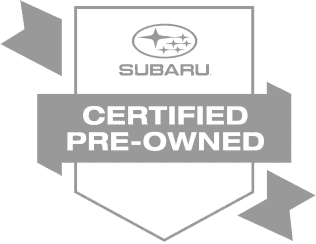

Even if you don't know a camshaft from a carburetor, it's good to know what's important about caring for your car properly. With a little help from us at Capitol Subaru, we'll make it easy! Below, we've created a list of the five most important preventative maintenance concerns you should be aware of for your car. With preventative maintenance, you can avoid a hefty repair bill and keep your car running stronger, longer. Regular service from a trained dealership technician can spot problems early, and ensure all proper maintenance is performed on time and to manufacturer's spec. If you ever have any questions about caring for your Subaru, be sure to consult with one of the pros in our service center.

5. Routine Inspections
It used to be that cars were in the shop more often for a regular "tune-up." This procedure involved adjusting the ignition timing, adjusting tension on drive belts, adjusting fuel ratios and more. But on modern cars, all these features are controlled automatically and don't need regular tuning! For that reason, your newer car shouldn't end up in the shop as often as older models once did. One benefit of tune-ups is that a knowledgeable technician would take a look at your car, and could spot problems ahead of time.
That's why modern cars typically come with a recommendation for routine inspections by a dealership mechanic. For example, Subaru recommends that all 2018 Subaru models have their steering, suspension and brakes inspected every 12,000 miles, with a more involved inspection of the engine, transmission and more every 30,000 miles. We can spot minor problems before they develop into major issues!

4. Air Filter Replacement
Both you and your car's engine need to breathe fresh, clean air for optimal performance. Sometimes overlooked by owners, the engine air filter needs to be replaced routinely -- at least every 30,000 miles according to the recommended maintenance schedule for the 2018 Subaru Forester. Check the maintenance schedule that came in your car to find out what's needed.
There's also a cabin air filter that can remove harmful pollutants and irritating odors from other nearby cars. That should be replaced every 12,000 miles to ensure your comfort.
3. Brake Pad Replacement
As your brake, the braking material on components called the brake pads will slowly wear away. Eventually, the brakes will begin to squeak, and you may not get the confident, linear braking feel in the brake pedal that you're used to. These are signs that it's time for new brake pads. Rather than recommend a mileage interval, Subaru recommends an inspection of your brake pads every 12,000 miles by a trained technician. Since everyone's commutes and driving styles differ, it's hard to guesstimate how long your brake pads might last. Instead, just let the pros at Capitol Subaru take a look. If we determine that your brake pads are ready to be replaced, we'll let you know before replacing them with genuine OEM parts for the best braking performance, quietness and longevity.

2. Tire Maintenance
Your tires are critical to the performance, comfort, safety and even efficiency of your car! Making sure you have optimal air pressure will give you the quietest, most comfortable ride, improve fuel efficiency, and provide the best resistance against road debris, potholes and other sources of damage. For the longest life out of your tires, we also recommend regular tire rotations and regular alignment checks. If the quality of your ride has deteriorated somewhat, we can also adjust the wheel balance for the smoothest, quietest cruise. Tires might be more important than you've realized, so be sure to take care of them properly with a little help from our service department!
1. Routine Oil Changes
Routine oil changes are the single most important thing you can do to keep the essentials of your car's powertrain in good shape for the long haul. Over time, the oil in your engine starts to break down from heat and friction. This results in sludge build-up, and a thinner oil that isn't as effective at cooling and lubricating the engine's moving parts. Eventually, damage can occur that can lead to leaking seals, gaskets and piston rings. When these parts need to be replaced, it can be a very costly repair. To keep your car serving you and your family for years to come, have the oil changed according to the manufacturer's recommendation, and be sure to select a high-quality, OEM approved oil.
More Articles From Capitol Subaru Of Salem
Capitol Subaru of Salem
920 Auto Group Ave NE
Salem, OR 97301
- Sales: 503-587-5500
- Service: 503-587-5500
- Parts: 503-587-5500







